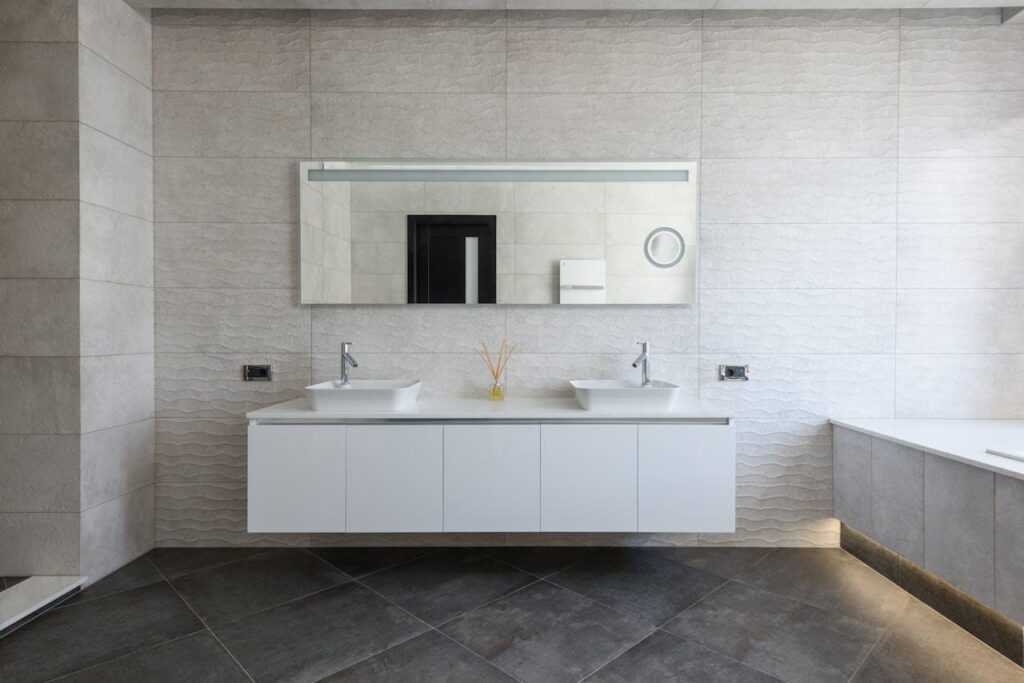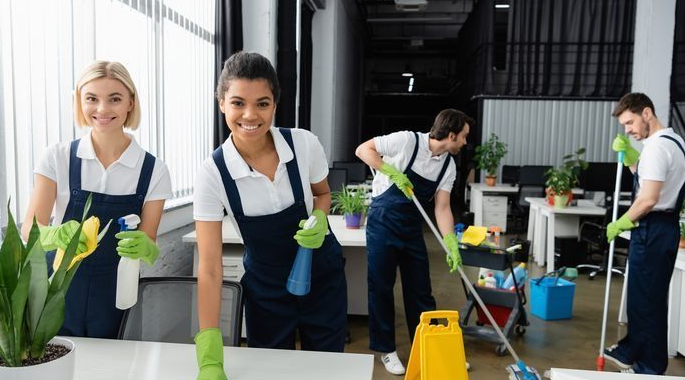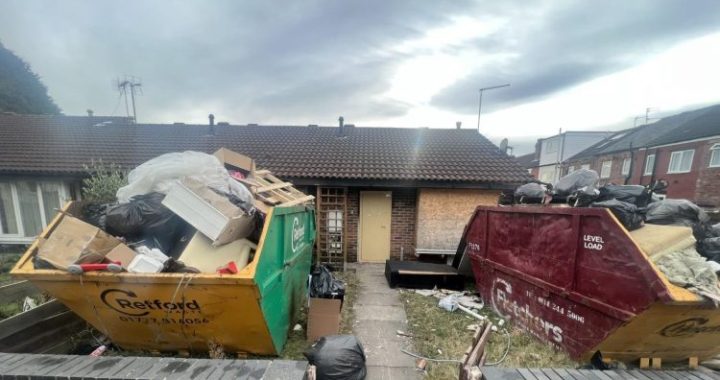
5 Tactics to Minimize Water Waste in Your Commercial Property
Water conservation isn’t just about being eco-friendly; it’s also good for business. For commercial property owners, managing water usage not only reduces utility costs but also demonstrates a commitment to sustainability, which can attract tenants and customers who value green initiatives.
Whether you own an office building, retail space, or industrial facility, minimizing water waste is an achievable goal. Here are five actionable tactics to help you conserve water on your property while keeping operations running smoothly.
Hire Commercial Plumbing Services
One of the easiest ways to identify and reduce water waste is to enlist the expertise of commercial plumbing services. A skilled plumber can conduct a thorough inspection of your property’s plumbing system, identifying leaks, inefficient fixtures, and areas that may be prone to water loss.
Leaky pipes and dripping faucets may seem like minor nuisances, but they can waste thousands of gallons of water over time. Experts can not only repair these issues efficiently but also recommend upgrades and long-term fixes to ensure that water is used wisely.
Upgrade to Water-Efficient Fixtures
Outdated, water-wasting fixtures are a common culprit in commercial properties. Luckily, modern technology has delivered a range of innovative fixtures that reduce water usage without sacrificing functionality.
For instance, low-flow or dual-flush toilets can significantly reduce the amount of water used per flush. Similarly, water-efficient faucets and urinals use sensor technology to dispense just the right amount of water without any waste.
These fixtures often come with certifications like WaterSense from the Environmental Protection Agency (EPA), which guarantees high performance along with water savings.
Implement Smart Irrigation Systems
Landscaping is often one of the largest contributors to water waste in commercial properties. This is where smart irrigation systems can change the game.
Unlike traditional irrigation systems, smart versions rely on advanced technology like weather sensors and soil moisture monitors to deliver water only when and where it’s needed. These systems can adjust watering schedules based on real-time climate data, ensuring your landscaping receives just the right amount of hydration without overwatering.
Beyond saving water, smart irrigation can lead to healthier landscaping by preventing waterlogging and encouraging deeper root growth.
Establish Water Management Plans
Proper planning is at the heart of effective water conservation. Without a structured water management plan in place, it’s easy for inefficiencies and waste to go unnoticed.
Start by conducting a water audit to understand how, where, and when water is being used across your property. From there, set realistic reduction goals and establish guidelines for achieving them. This might involve scheduling periodic maintenance, installing automated systems, or monitoring fixture functionality.
Monitoring is crucial. Make it a practice to regularly check meters and water usage patterns for anomalies that could signal leaks or inefficiency.
Educate Employees on Water Conservation
Everyone who interacts with your commercial property plays a role in water usage. From employees to occupants, getting everyone onboard is key to curbing waste. This begins with education.
Host workshops or distribute materials that highlight easy water-saving habits, such as turning off taps properly or reporting visible leaks. Make use of visual cues like signs near sinks or restrooms that remind users to act responsibly.
For larger properties, appointing a “water champion” within the workspace can encourage consistent awareness and improvement. This person can monitor water-saving efforts and provide insights to management for additional improvement areas.





